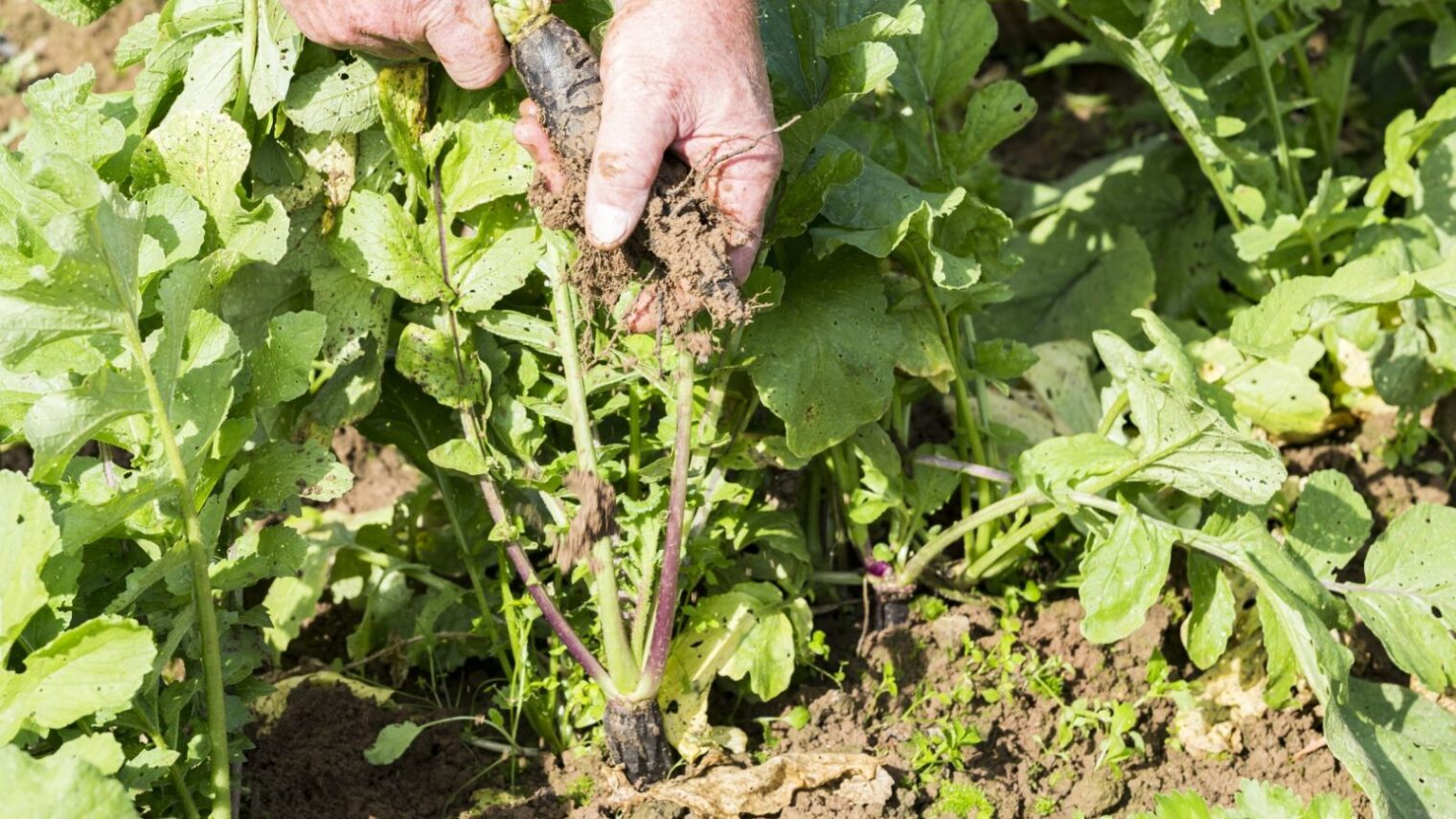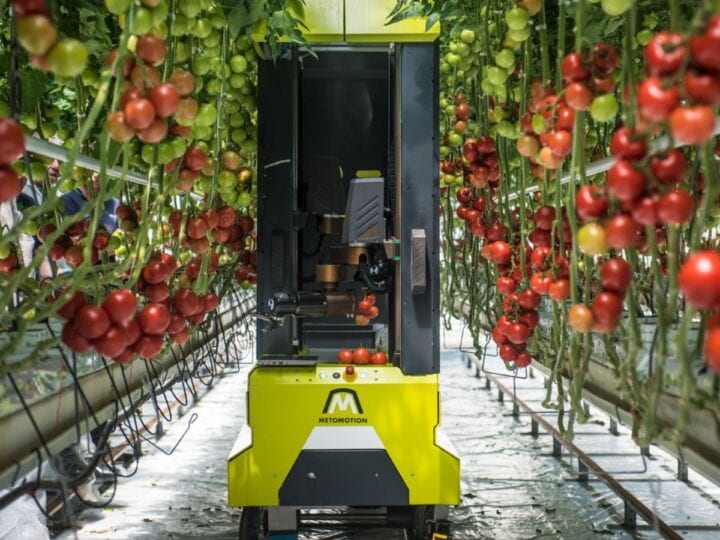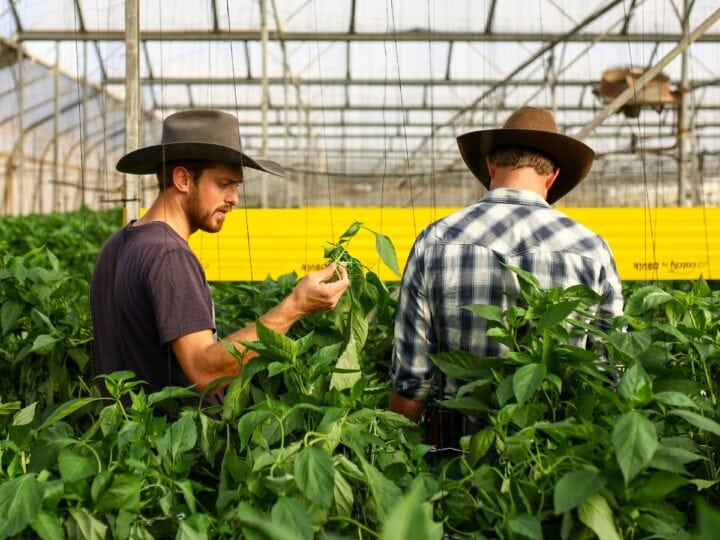Boaz Wachtel is best known in Israel for founding the Green Leaf (Ale Yarok) political party, which ran for Knesset several times on a platform of legalizing cannabis. Green Leaf never passed the voter threshold and Watchtel “retired” from the party in 2006. He has now transformed his passion for green into a different kind of initiative.
Wachtel is the founder of several Israeli agriculture technology companies. His latest – Roots Sustainable Agricultural Technologies – just went public on the Australian Stock Exchange, raising a modest $5 million.
There’s nothing modest about Watchtel’s ambitions for Roots, however, which he believes will be a game-changer addressing both worldwide hunger and the impact of drought on population migration. If Watchtel’s technology had been available six years ago, when the climate change-sparked civil war first broke out in Syria, he says, “I don’t think that disaster would have occurred.”
What does Roots make that could be so revolutionary that it can stall revolutions? A seemingly simple technology that heats and cools the roots of plants, and another that can irrigate whole farms by harnessing dew.
The formal name for the latter is “irrigation by condensation” (IBC). Pipes filled with cooled water are run through crop beds. The contrast between the temperature of the cooled water in the pipe and the air outside extracts enough water through condensation to irrigate the plants. It works even in deserts or areas where there’s little rainfall but plenty of humidity, Wachtel tells ISRAEL21c.
Wachtel got the idea when he was living in the United States in the late 1980s. Another entrepreneur was doing something similar, but with seawater. The problem was that “no farmer wants seawater running on his farm,” Wachtel explains. If the pipe breaks, the crops would be ruined. “And if the farm isn’t close to the sea, pumping the water can be very expensive.”
Roots’ IBC system is standalone, with its own fresh water and electricity-cooled pipes. Eventually, Watchtel hopes to run it all by solar power. IBC was lauded as a “technology of the month” by NASA’s Tech Briefs.
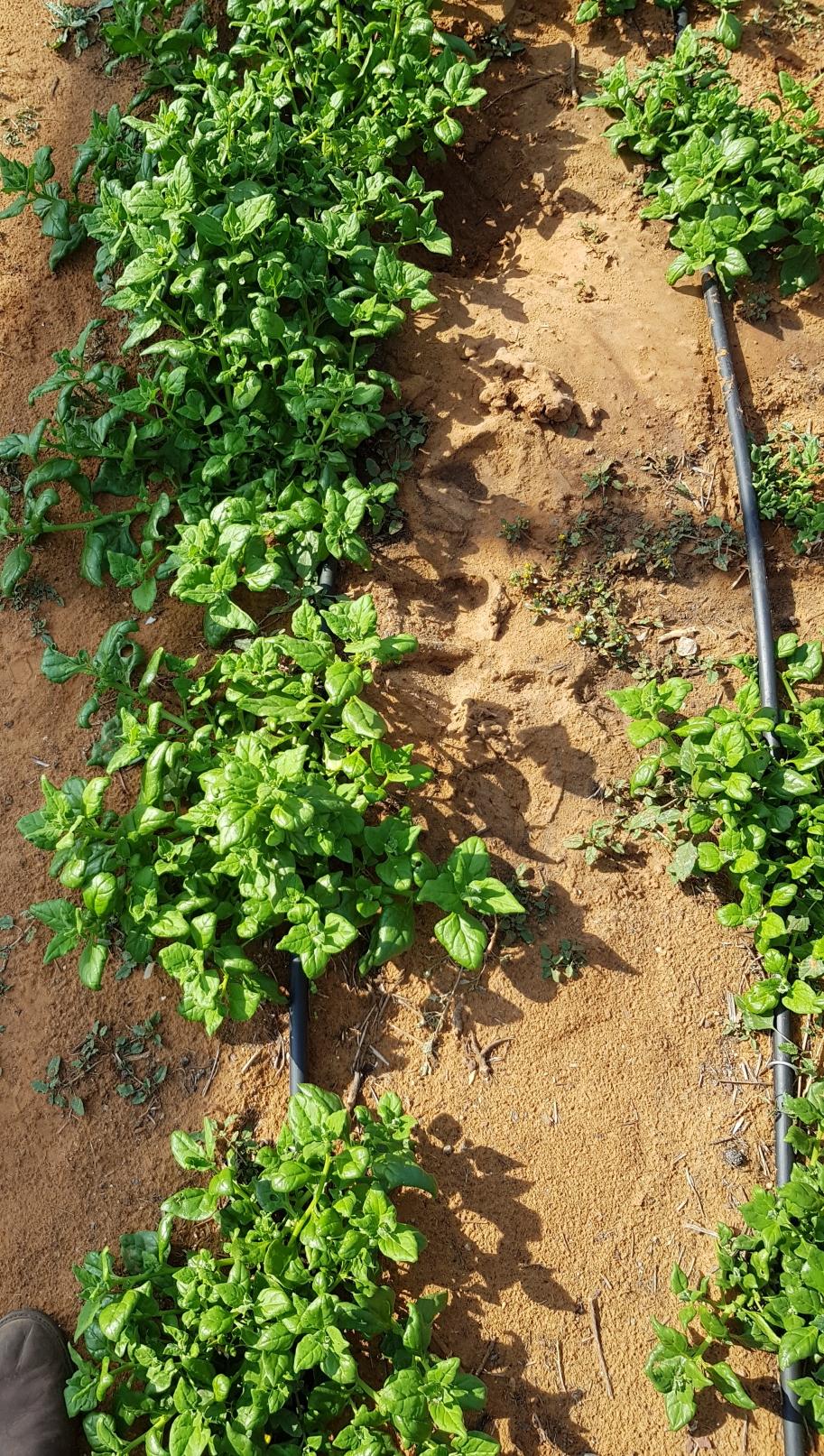
While IBC is still in development, Roots’ other technology, root zone temperature optimization (RZTO), is in trials on 12 Israeli farms and three in Spain. RTZO helps plants survive harsh weather by heating their roots in the winter and cooling them in the summer.
The Guardian featured RTZO prominently in an article asking “How do you feed 9.7 billion people?”
Keeping plants at the right temperature is nothing new – that’s what greenhouses are all about. But most technologies “focus on air and temperature management, which is very wasteful, since there’s a large volume of air,” Wachtel says.
By focusing on just the roots, Wachtel’s Roots uses less energy, making it more environmentally friendly. RTZO works by inserting heat-exchanging coils into the ground.
Roots’ tests so far show great promise. RTZO has led to crop yield increases of 20 to 40 percent for strawberries, cucumbers, tomatoes and basil, and up to 60% increases for lettuce.
The Australia connection
Wachtel hasn’t strayed entirely from his Green Leaf roots – both Roots’ products can be used for growing cannabis. And the two companies Wachtel started previously are both in the medical cannabis space: MMJ Phytotech, which has a market cap of $56 million, and Cresco Pharma, valued at $37 million.
MMJ and Cresco, like Roots, are publicly traded in Australia, where there is a lot of interest in Israeli agricultural technologies. Like Israel, much of Australia is arid desert.
However, the Australia connection is not just about water. The Australian Stock Exchange has been trying to expand beyond resource stocks (mining, forestry, oil exploration), Wachtel says. “As a result, they have been very open to listing startups and early-stage companies as a way to diversify the stock exchange.”
Roots began operating in 2012 within the Avital Pharma tech incubator and received seed funding from the Israel Innovation Authority (formerly the Office of the Chief Scientist).
Roots is still small – just seven people, under the leadership of Sharon Devir, who has a background in agricultural engineering.
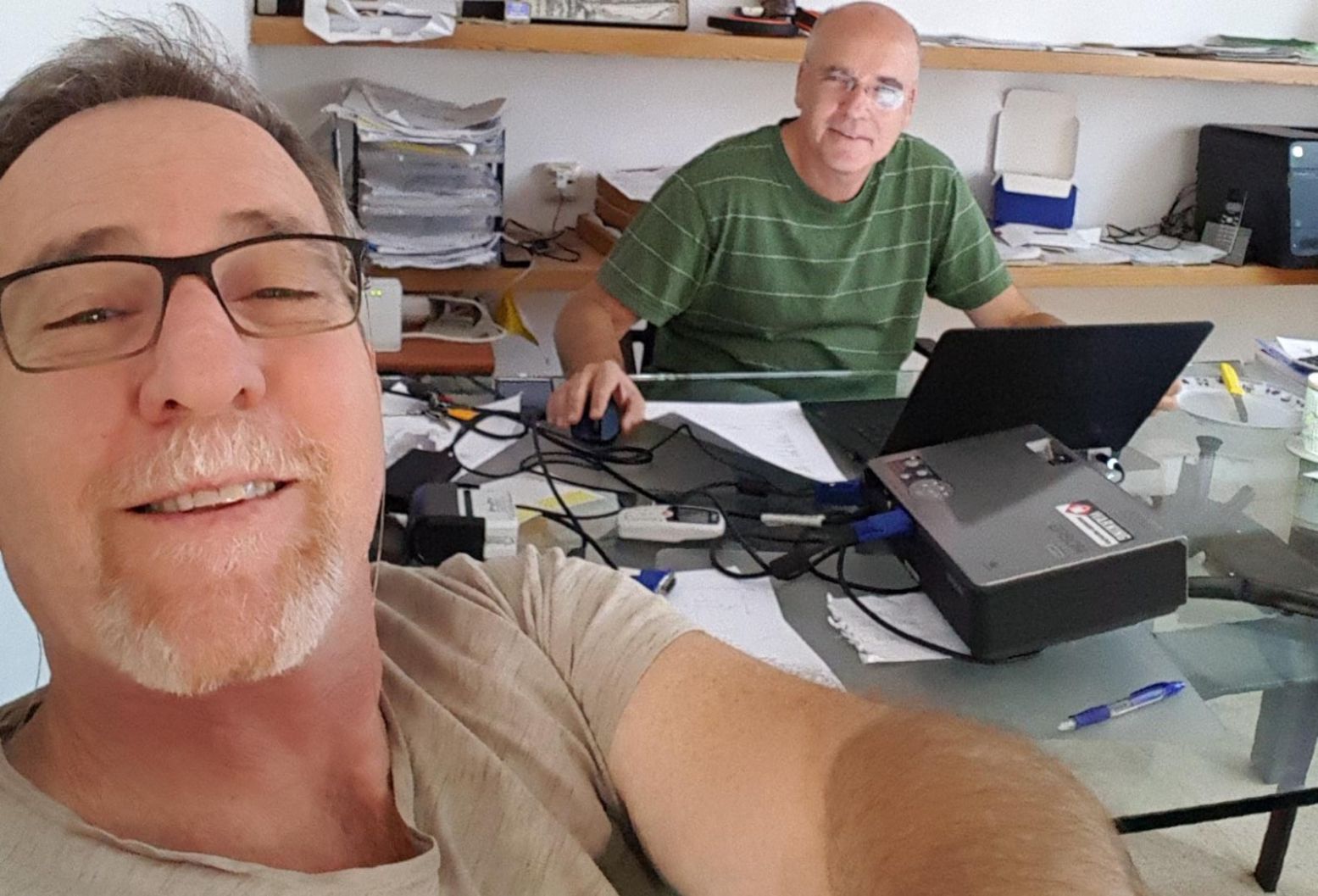
Wachtel, the inventor, is not a farmer or even a techie. He holds a master’s degree in management and marketing from the University of Maryland.
“I’m a curious guy who reads a lot,” he tells ISRAEL21c. “And I have a passion to solve water scarcity issues.” In the early 1990s, Wachtel worked on water policy issues as a guest researcher at the Freedom House NGO.
Roots plans to sell RTZO and IBC together in a single package. “And it has to be affordable, for low-income farmers, to provide them access to water,” Watchtel stresses.
For more information, click here




